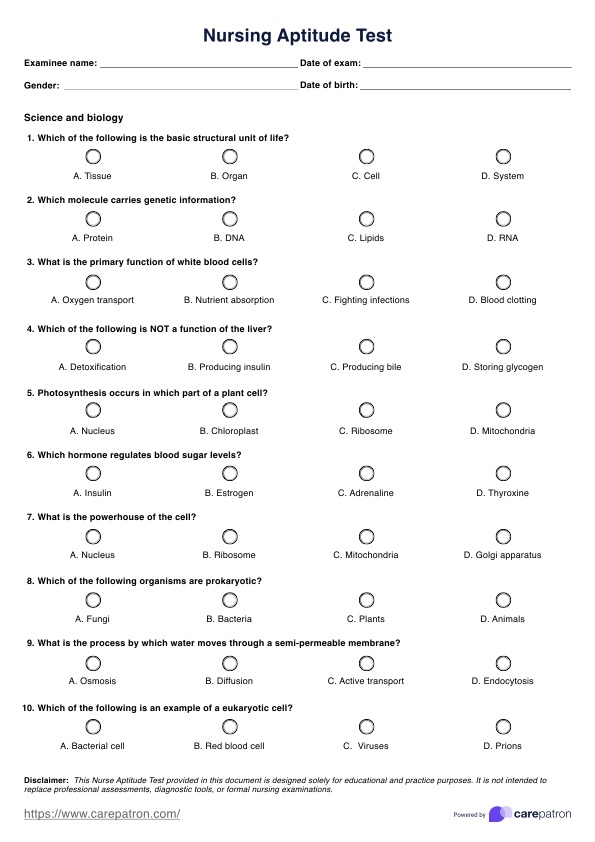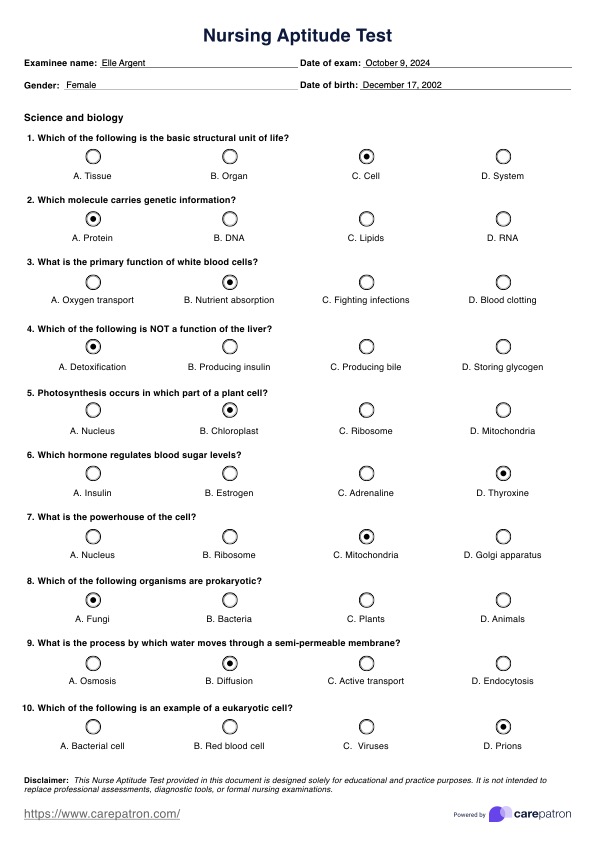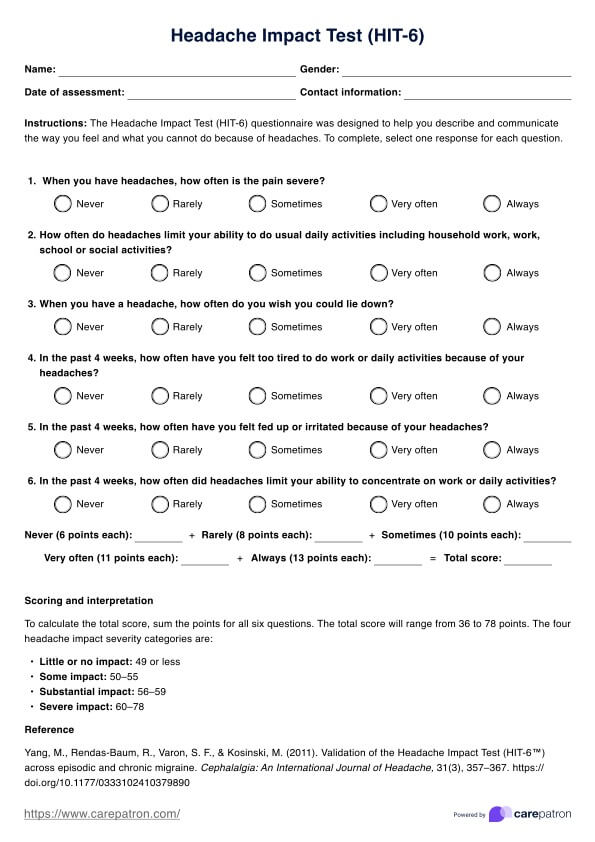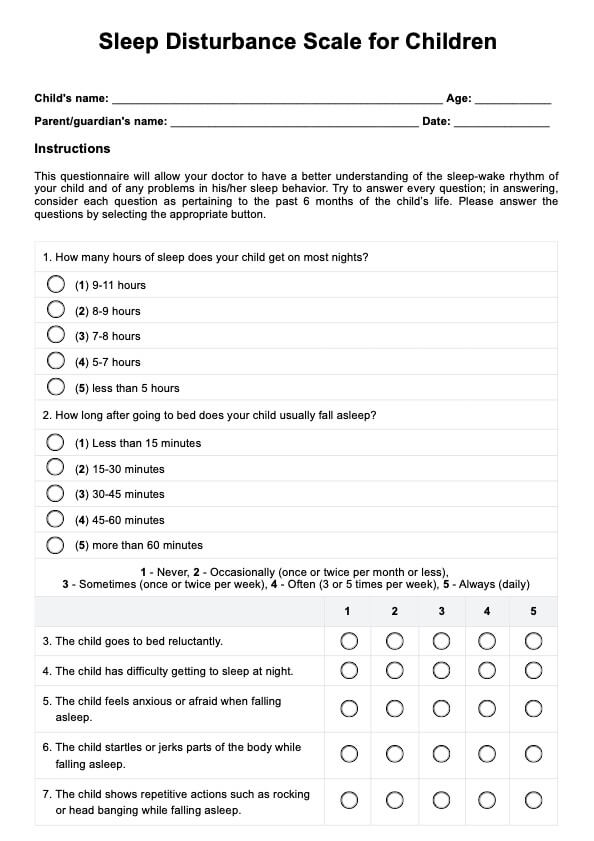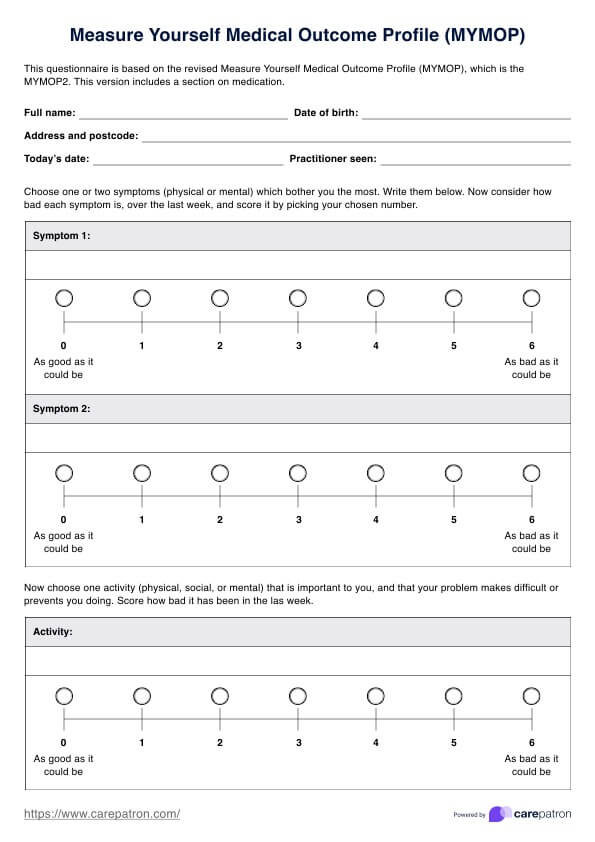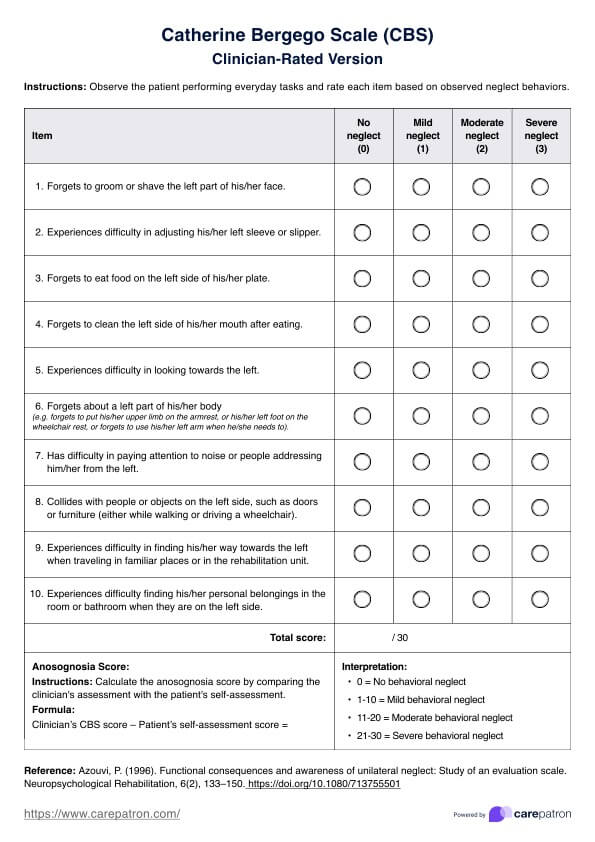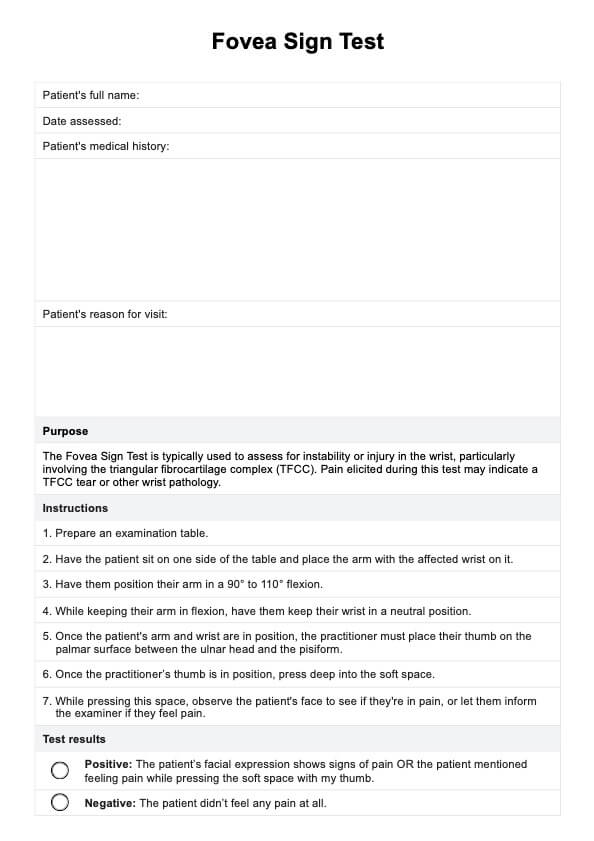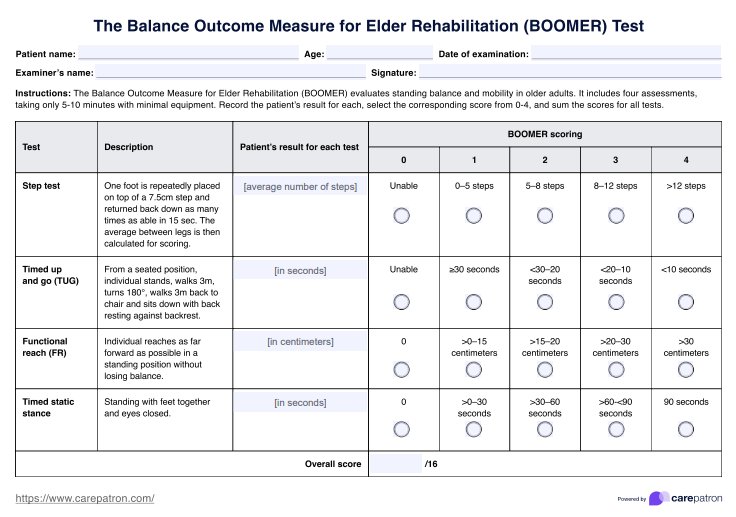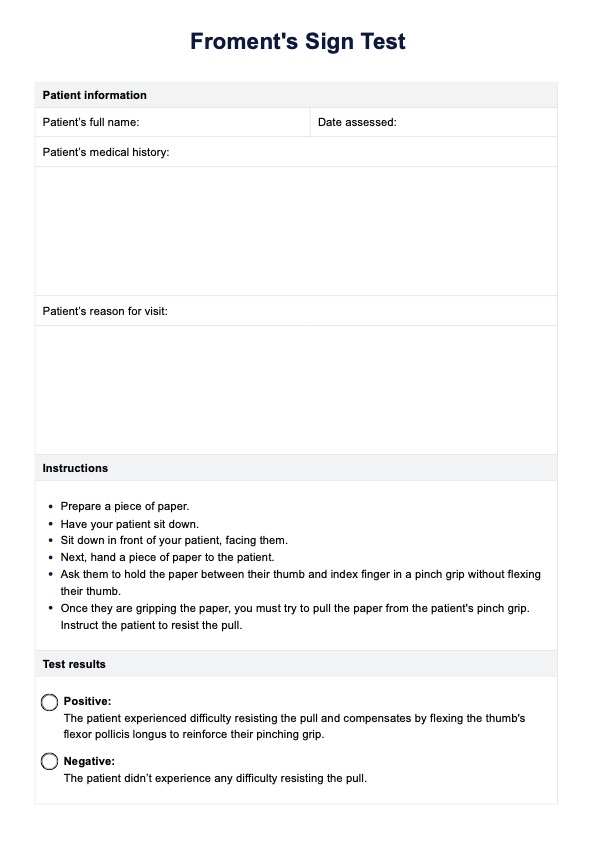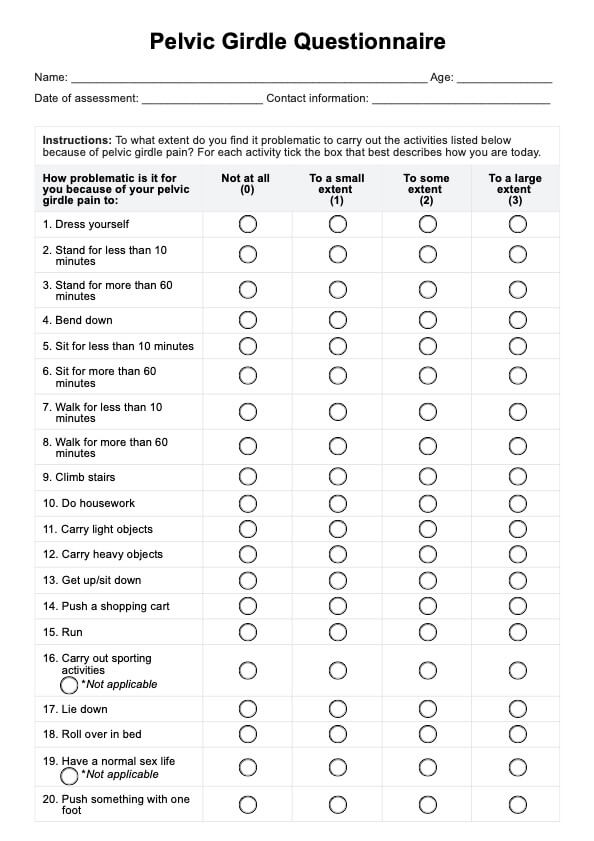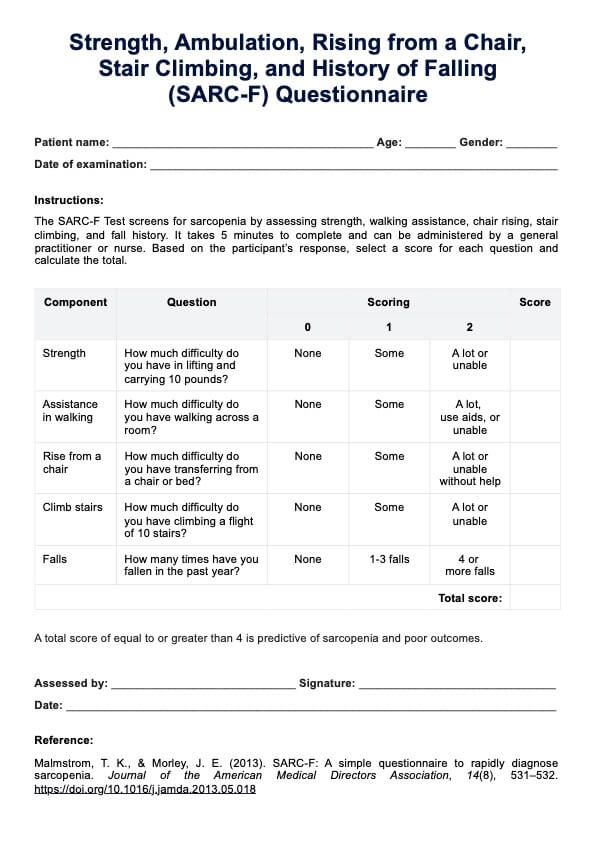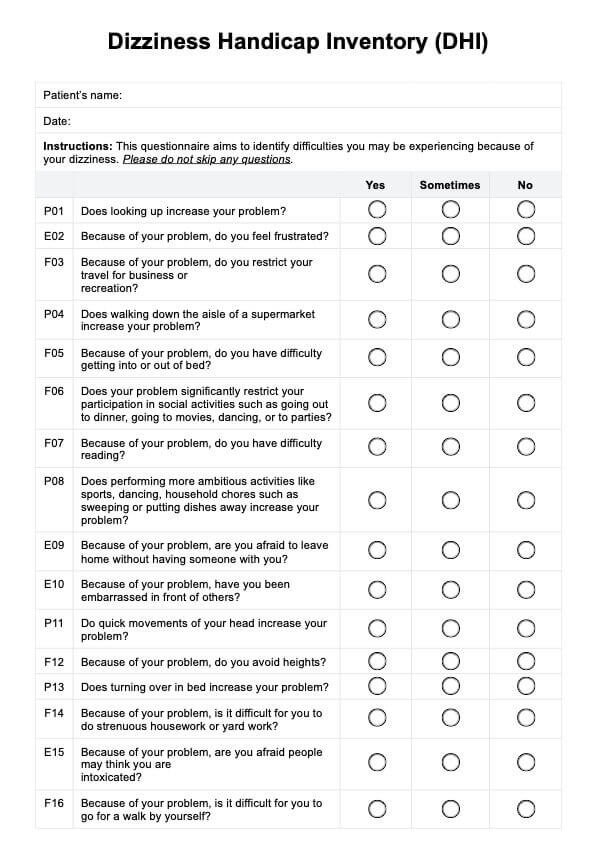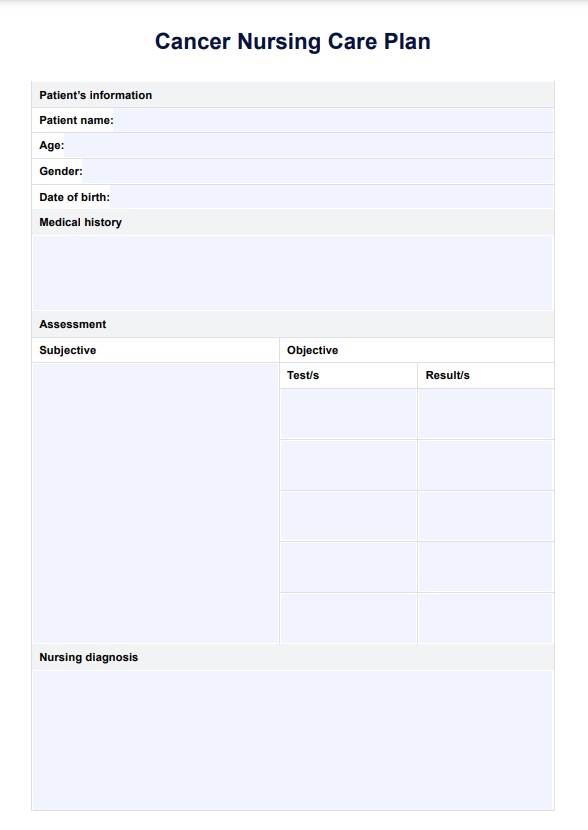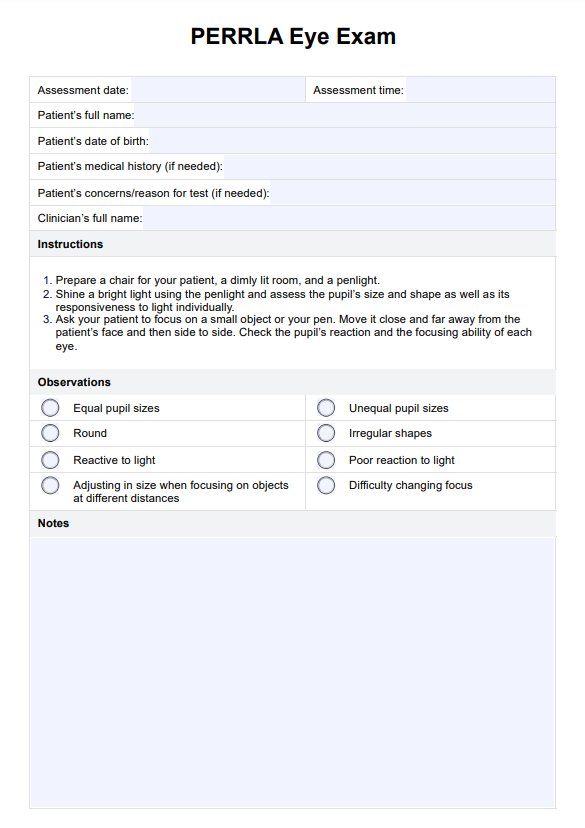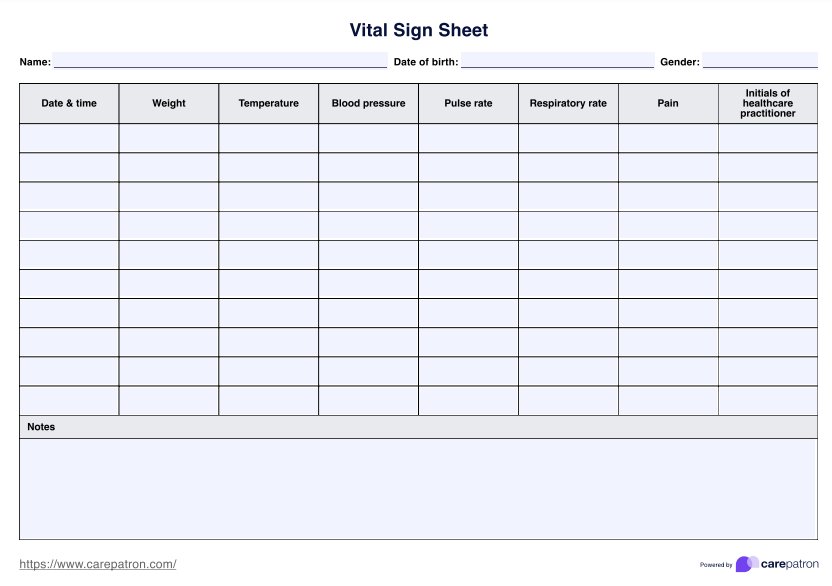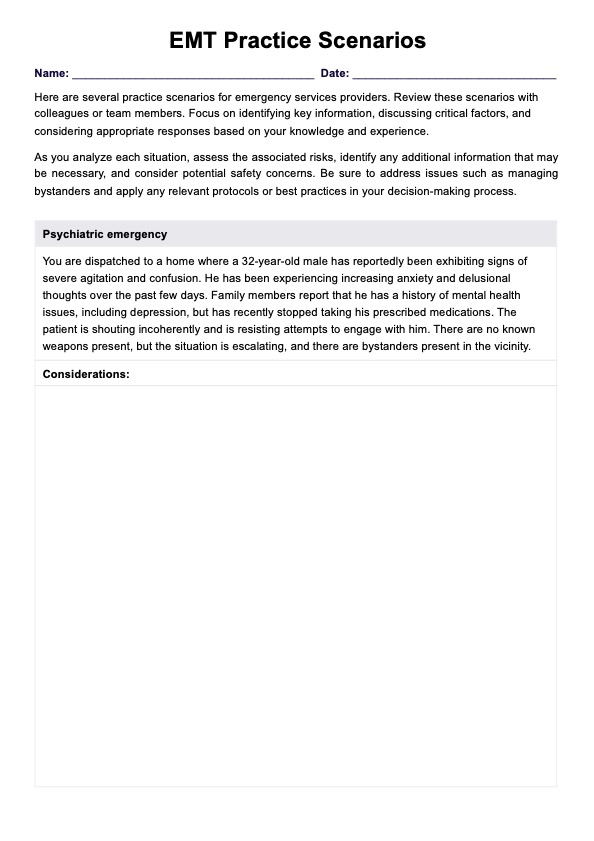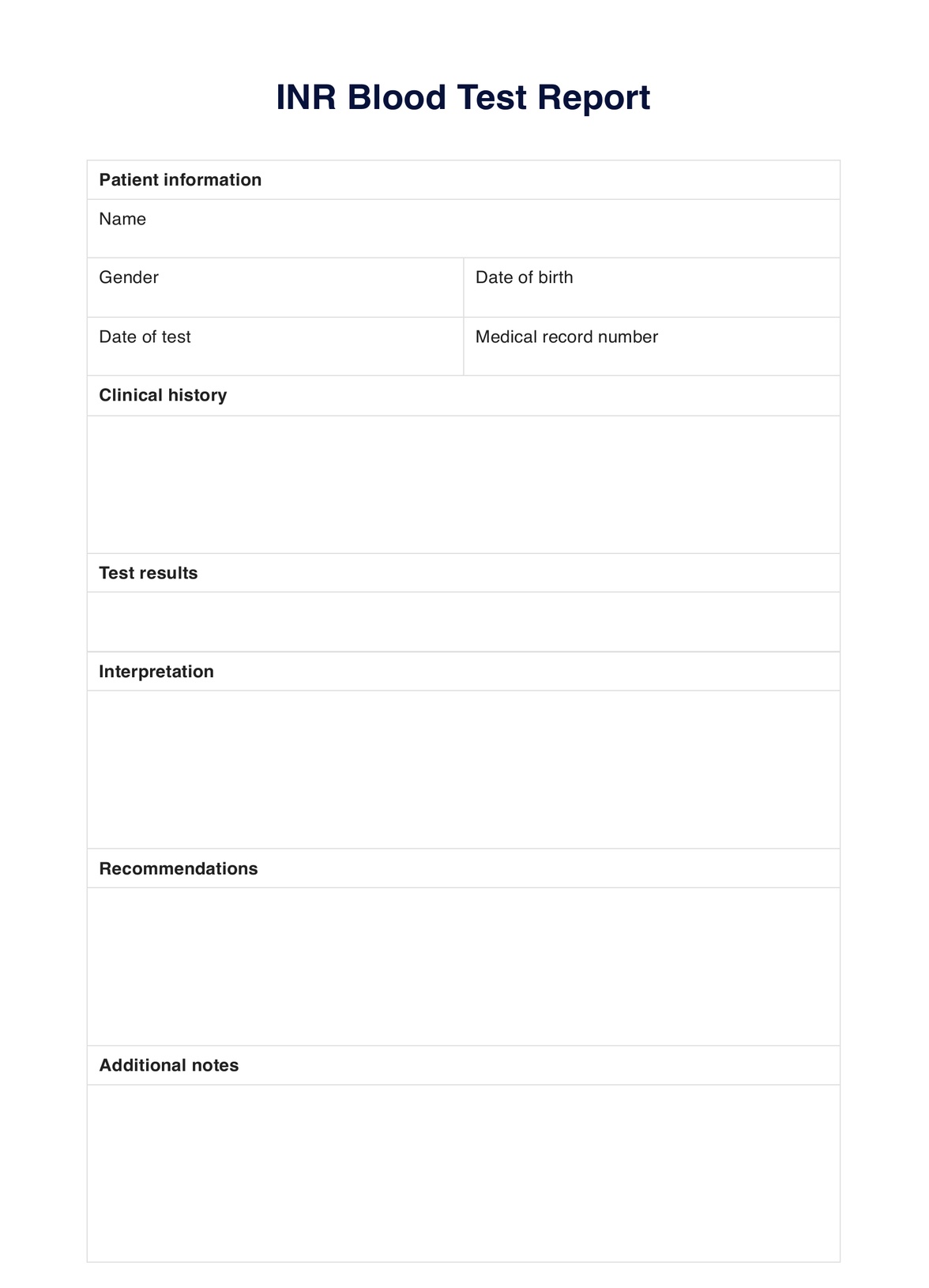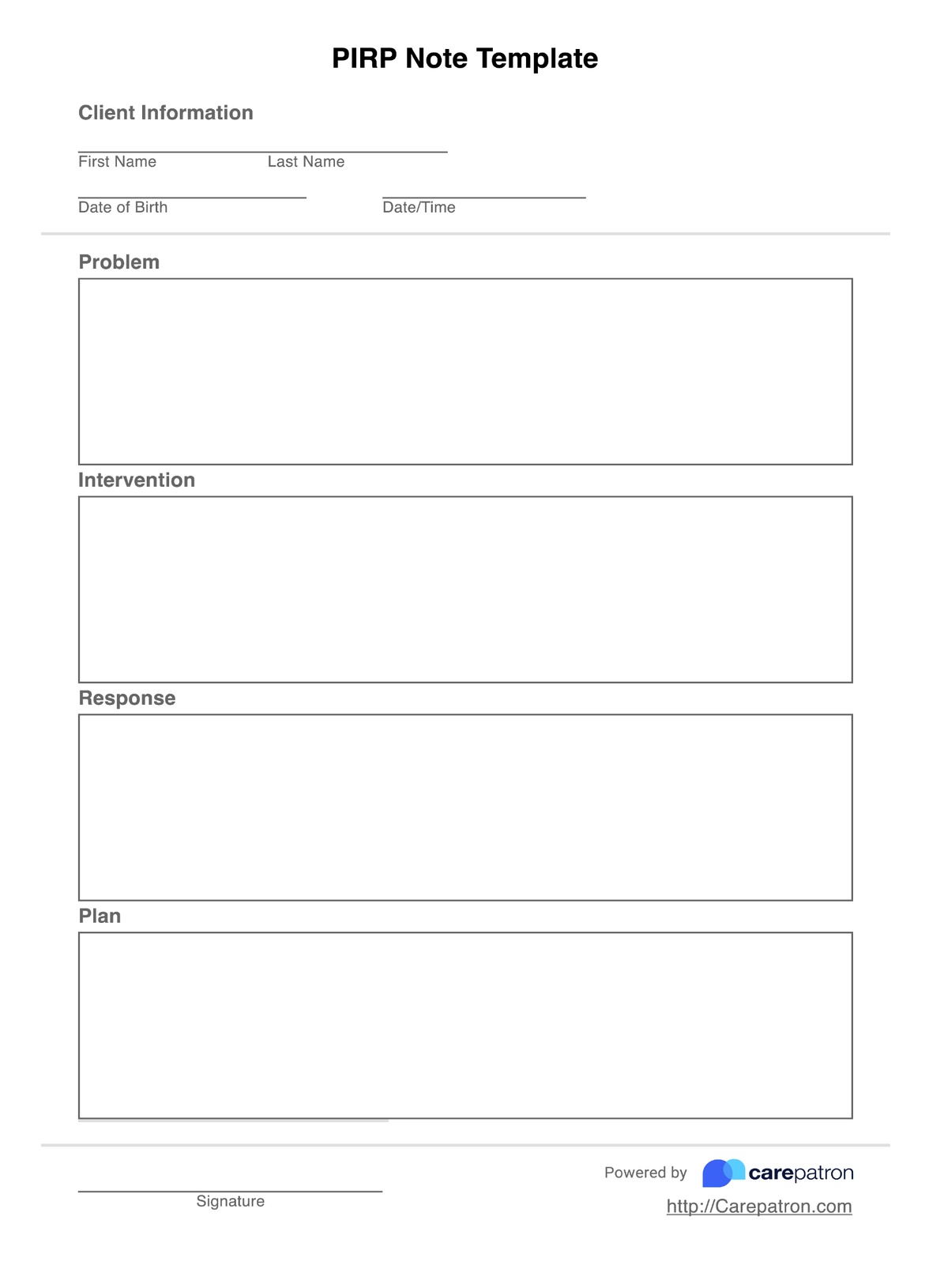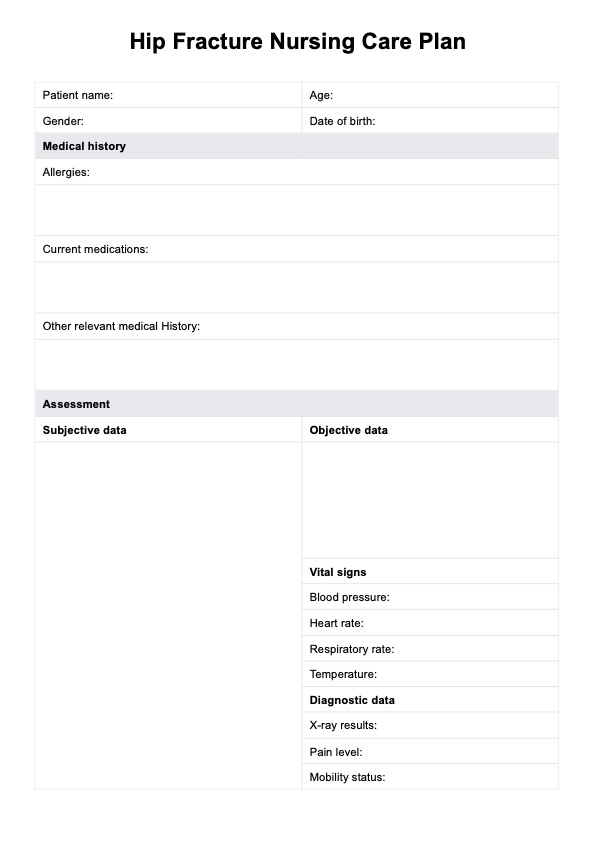Nursing Aptitude Test
Unlock your nursing potential with our Nursing Aptitude Test - your gateway to a fulfilling healthcare career. Prepare for success today!


What is a Nursing Aptitude Test?
A Nursing Aptitude Test is a comprehensive evaluation designed to assess the skills, knowledge, and aptitude of individuals pursuing a career in nursing. These tests cover various aspects to evaluate nursing knowledge. Some aptitude tests have numerical reasoning, verbal reasoning, and abstract reasoning components.
Practice tests are valuable resources for helping individuals prepare for these assessments. They offer practice questions and correct answers to enhance nursing skills and knowledge. The tests are essential for front-line healthcare professionals, such as nurses and doctors, as they measure the ability to assess patients, communicate effectively, write, and handle medication.
While there are no standard tests, this Nursing Aptitude Test includes an array of various topics and subjects. This test assesses critical thinking skills, problem-solving abilities, and general nursing knowledge. It evaluates the core competencies required to be a successful nurse, such as clinical judgment, patient care, technical skills, communication, and ethical decision-making.
Nursing Aptitude Test Template
Nursing Aptitude Test Example
Why is a Nursing Aptitude Test important?
A Nursing Aptitude Test is crucial for selecting capable nursing candidates, as it ensures that individuals entering the profession possess the necessary foundational knowledge and critical skills. For medical practitioners, this is vital because nurses are essential in patient care and interdisciplinary teamwork.
A Nursing Aptitude Test is vital for nurses for several reasons:
Skill assessment
These tests cover a range of areas. Assessing these skills helps ensure that candidates have the fundamental competencies needed to succeed in nursing.
Quality assurance
Nursing Aptitude Tests contribute to maintaining high standards in the healthcare industry. By assessing candidates' aptitudes and capabilities, employers can ensure that they hire individuals who possess the necessary skills to provide quality care to patients.
Patient safety
Nurses play a crucial role in patient care. A Nursing Aptitude Test helps identify individuals who can make sound decisions, handle medication accurately, and communicate effectively. This is essential for ensuring patient safety and well-being.
Efficient recruitment
For healthcare institutions, the tests aid in efficiently and effectively recruiting nursing staff. Employers can use the results to match candidates with specific roles, ensuring that each nurse is placed in a position that aligns with their strengths and competencies.
Career development
Individuals taking Nursing Aptitude Tests can use the feedback to identify areas for improvement. This can guide their professional development by helping them focus on enhancing specific skills or acquiring additional knowledge.
Adaptability
Nursing is a dynamic and challenging field. Aptitude tests can assess a candidate's ability to adapt to different situations, make quick and informed decisions, and handle the demands of a fast-paced healthcare environment.
How do practice tests assess aptitude for nursing?
The results of a Nursing Aptitude Test are evaluated based on the candidate’s performance across multiple sections that test their knowledge and skills. Each section, such as anatomy and physiology, microbiology and infection control, pharmacology, and more, contributes to a comprehensive assessment of a candidate’s aptitude for nursing, focusing on multiple-choice questions.
Typically, the test scores for each correct answer are given 1 point each. High performance in nursing procedures and health assessment and monitoring demonstrates the candidate’s practical knowledge, while strong scores in critical thinking and problem-solving reflect their decision-making abilities in complex clinical scenarios.
Scores may be weighted differently depending on the specific program or institution. A high overall score indicates a strong aptitude for nursing, signaling that the candidate possesses the necessary knowledge, critical thinking skills, and readiness to handle real-world healthcare challenges, such as emergency preparedness and disaster response.
What are the benefits of taking a Nursing Aptitude Test?
Taking a Nursing Aptitude Test offers numerous benefits that enhance the recruitment process and support healthcare organizations in evaluating candidates’ readiness for nursing roles. By implementing such assessments, healthcare professionals can ensure that they access individuals with the necessary skills and knowledge for effective patient care.
Comprehensive nursing assessment
Nursing Aptitude Tests facilitate a thorough nursing assessment by evaluating candidates across various domains, including reading comprehension, clinical knowledge, critical thinking, and patient care procedures. This comprehensive approach ensures a well-rounded evaluation of potential nurses.
Evaluating problem-solving skills
These tests measure problem-solving abilities, enabling organizations to identify candidates who can make sound decisions under pressure. Evaluating these skills is crucial in nursing, where quick thinking can impact patient outcomes.
Enhancing effective communication
The tests often assess communication skills, essential for interactions with patients and healthcare teams. Candidates who excel in this area are better equipped to provide information clearly and compassionately.
Testing mathematics proficiency
Nursing requires strong mathematical skills, especially for calculating medication dosages. The aptitude test evaluates candidates’ mathematics capabilities, ensuring they can safely manage medications.
Identifying knowledge gaps
By administering a Nursing Aptitude Test, organizations can identify areas where candidates may need additional training or support. This allows for targeted development, ensuring that all nurses possess the necessary competencies for successful practice.
Commonly asked questions
It is an exam designed to assess a candidate’s knowledge and skills needed for a nursing career, covering topics like anatomy, infection control, pharmacology, and critical thinking. Strong performance on Nursing Aptitude Tests often correlates with success in both academic settings and clinical practice, making it a useful tool for selecting promising nursing students.
The test typically includes sections on anatomy, microbiology, pharmacology, nursing procedures, health assessment, ethical issues, and emergency preparedness.
Nursing Aptitude Tests are crucial for assessing a candidate’s readiness for nursing programs, and helping admissions committees select qualified candidates.


